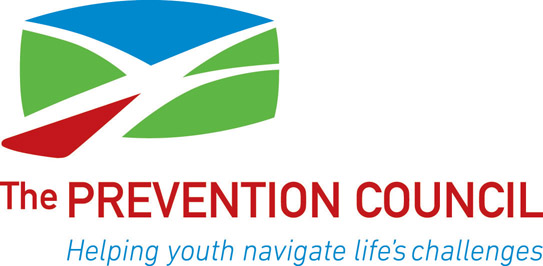Training for Intervention Purposes (TIPS) Class
Selling Alcohol Has Legal Responsibilities. TIPS Provides Vendors with the Training to Meet These Responsibilities.
Training for Intervention Purposes (TIPS) is a nationally-recognized program that teaches bartenders, waitstaff, and retail vendors about the legal responsibilities of selling alcohol, how to identify fake IDs, and how to recognize intoxicated patrons and refuse sales when necessary. The Prevention Council has offered this program regularly since 2002, and in that time period has trained over 500 people from hundreds of local establishments.
The courses are geared for either bar and restaurant staff or retail and package store staff, and are taught by certified TIPS trainers. Participants must pass a multiple-choice exam to receive a certification card. Certification is valid for three years. All Prevention Council TIPS courses are Responsible Vendor Programs, which provide participants with a “limited affirmative defense” in the event they were charged with underage sales, over-serving, or other alcohol-related incidents.
Each TIPS course consists of three main areas of focus: Information, Skills Training, and Practice/Rehearsal.
Training Information:
- Behavioral Cues – Visible, progressive signs of intoxication
- Blood Alcohol Content – The level of alcohol in a person’s bloodstream
- Absorption Rate Factors – Factors that affect the absorption of alcohol
- Effective Responses – Intervention strategies to prevent alcohol-related problems
- Checking IDs – Proper formats and things to look for on an ID
- State-Specific Information – Including laws that relate to alcohol and/or alcohol servers
- Documenting Incidents – Forms to use to document problem situations
Skills Training
This section is presented in two parts: Evaluating Cues and Evaluating Responses. Participants review a short video scene, rate the scene according to a predetermined rating chart, and then explain why they chose the rating they did. This section helps develop participants’ ability to assess behavior and intoxication levels, and determine appropriate responses to each situation.
Practice/Rehearsal
Participants participate in role-playing exercises to demonstrate their ability to effectively intervene in difficult alcohol-related situations. The trainers and other participants offer feedback on the intervention techniques used.
More information can be found at the TIPS website, at http://www.gettips.com. TIPS is available through Health Communications, Inc., based in Arlington, Virginia.
